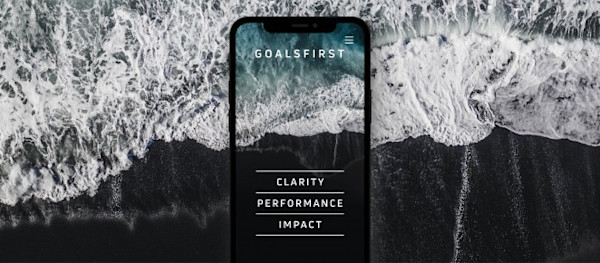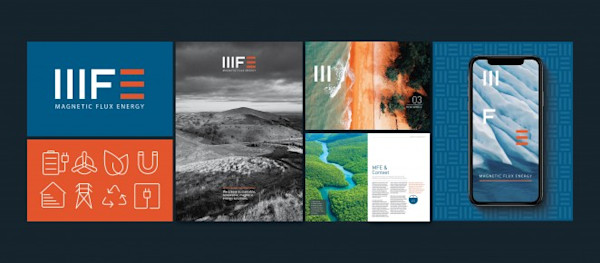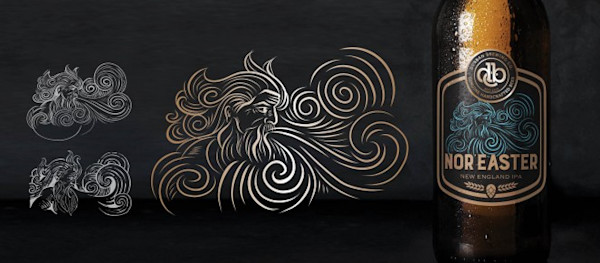The unstoppable curiosity of Paul Vosloo
By Paul Vosloo on Thursday 30 July 2020
This article originally appeared here on Creative Pool.
Senior brand designer at Teamspirit Paul Vosloo can tell quite a few stories about that fact. Intrigued by the prospects of a career in creativity, a simple career day was enough to push him on the right path, and Paul has been relentlessly creating and designing for a number of clients since then.
For this Member Spotlight we've had the chance to have a chat with a motivated creative professional, a lover of storytelling and a dreamer for more collaboration in the industry.

How did you get into the industry?
I went to a careers day and saw that you could make a living out of creativity. At that stage I was leaning towards architecture. I am now based in London and work for Teamspirit. (VCCP)
If you weren’t in your current industry, what would you be doing?
I would probably be a full-time artist. Creating in some way, either drawing, writing, or shaping surfboards.

Can you explain your creative process?
The first part is understanding the problem and asking loads of questions. It's more excavation than design when starting a project.
Then it’s about deciphering and decoding, looking for the simple truth. Often the first few days feel very unstructured, I like to keep the ideas loose and very rough. Once you get to the Macbook it feels like the bus is rolling so I try to do a lot of my thinking by hand, scribbling rough ideas and thoughts onto my iPad. It is much easier to change direction at this stage.
I like to spend time with a problem not necessarily working on it all day but having it in the room with me so that I can add to my thoughts when needed. My morning walk from Waterloo up to Chancery Lane is a wonderful thought starter for this. From here I move to the machine and start articulating thoughts into solutions and possible style treatments and build the story.
I think the best work always has a great story that connects with the viewer. Part art, part science.
How has technology affected the way you work (if at all)?
Right now, technology has allowed me to seamlessly work from home and connect to our clients and the rest of the team. Outside of the current normal, I like to scamp ideas, so my iPad and Wacom have made a big difference. Being able to sketch and create on the train and upload when I arrive at work is a huge time saver.

What’s your secret to staying inspired and motivated?
It’s a cliché but staying curious and engaged with the world around you. Being interested in people and their stories, looking and listening closely. In London it’s hard not to be motivated or inspired, the city is built on creativity. I am driven to do work that is worthy of the studios and designers that built that reputation. We have a responsibility to not only beautify but also make life better through design.
What’s the work achievement you’re most proud of?
Probably packaging we did for Adcock Ingram a few years ago. The wrong dosage could mean the difference between life and death. Consumers were being discriminated against when picking up Anti-retroviral (ARV) medicine. We developed a branding system for all their generics. We then created an on pack coding system for ARV’s which followed the generic look and feel but had specific dosage information for doctors. The information on pack was Pharmacist-related, reducing prescription mistakes at the counter.
The packaging blended in seamlessly with all their generics, eliminating discrimination while highlighting important information.
How do you recharge away from the office?
I am the happiest when I am in the sea surfing, I love the single focus when you are riding waves and the feeling of freedom sitting staring at the horizon waiting for the next wave. I also enjoy riding my motorbike in wild, remote places.

What advice would you give to other aspiring creatives looking for work?
Design is not a list of things you can do, it’s a creative way of solving problems. Believe in your ability to answer those problems. It's your unique way of looking at the world that separates you from other creatives. Be authentic, be kind and be relentless.
What’s your one big hope for the future of the creative industries?
Less research and more trust in creatives. This isn’t heart surgery, creativity is supposed to be fun, it should make you smile and glad you gave your time to view or experience it. Share, don’t sell.
If you could change one thing about the industry, what would it be?
Less competition, more collaboration.


